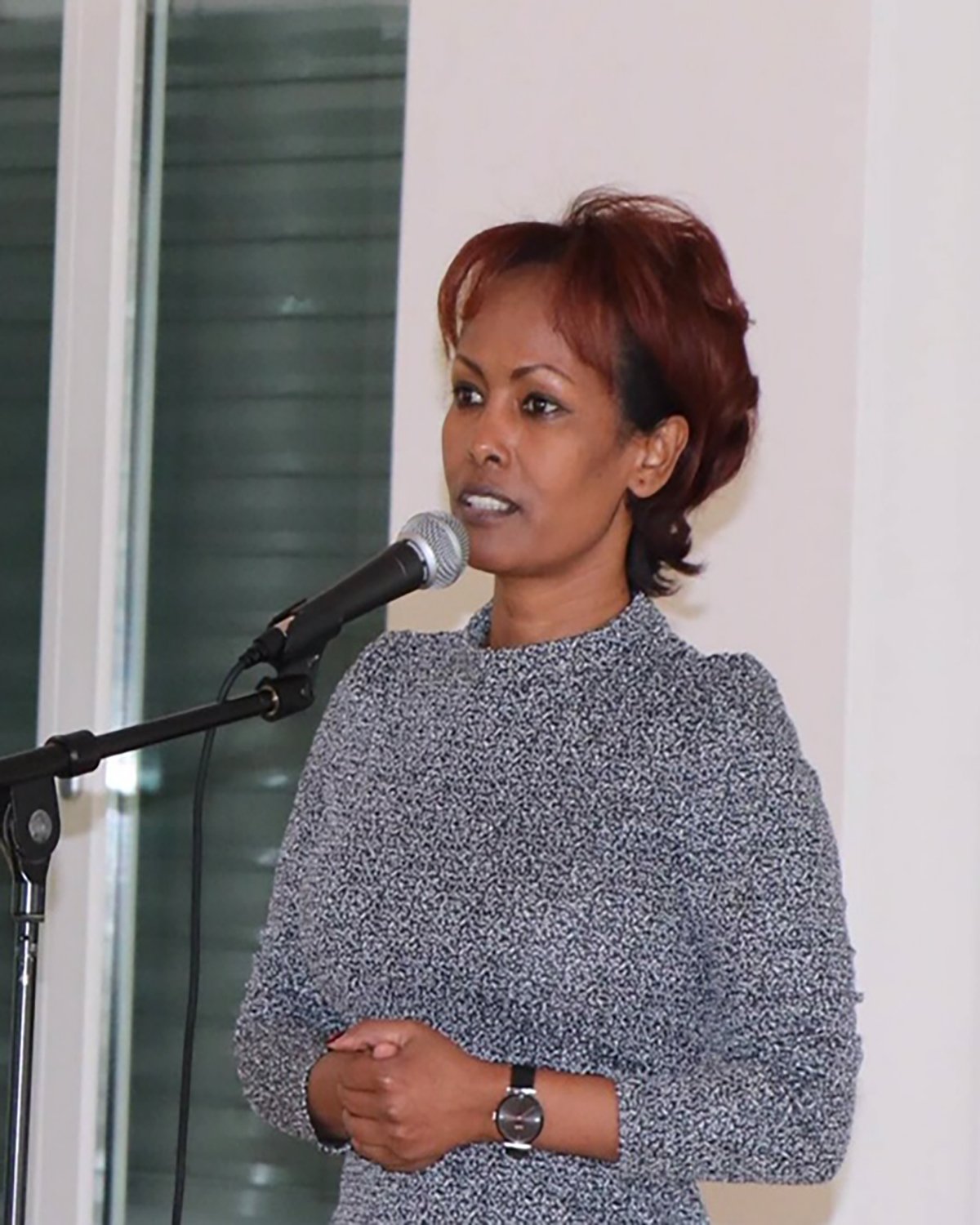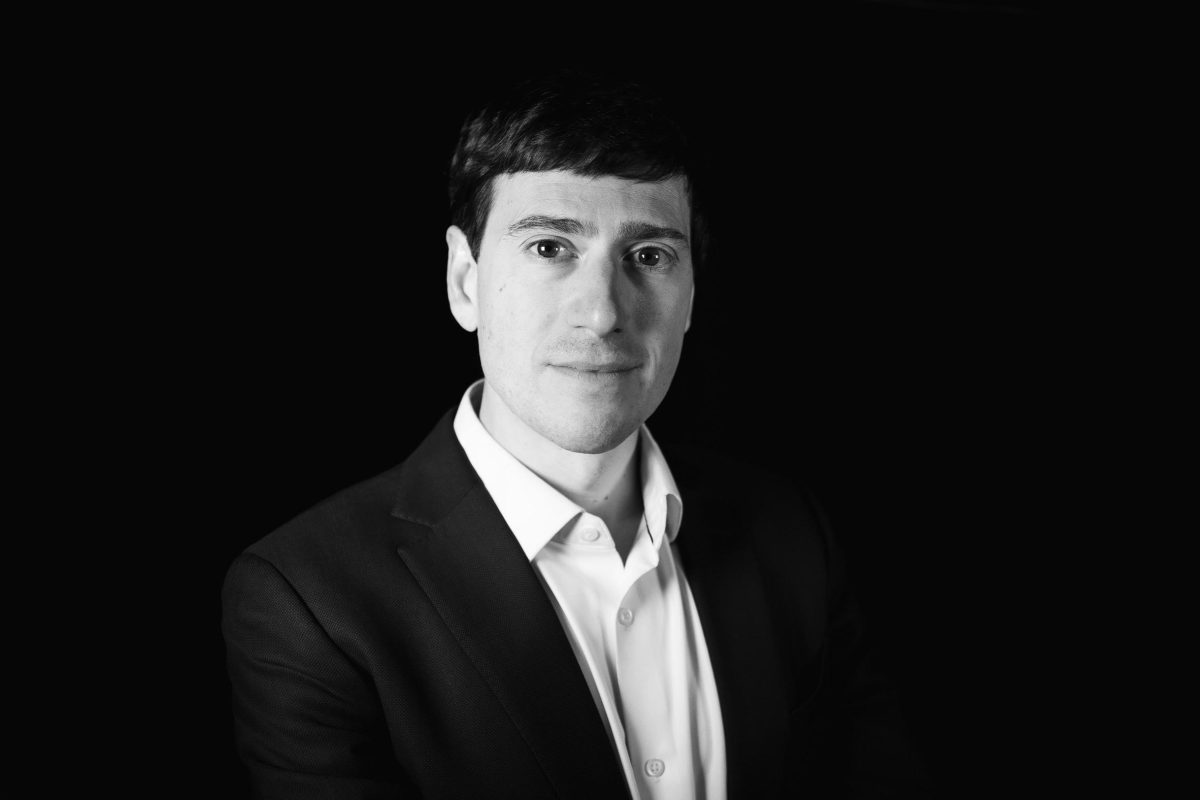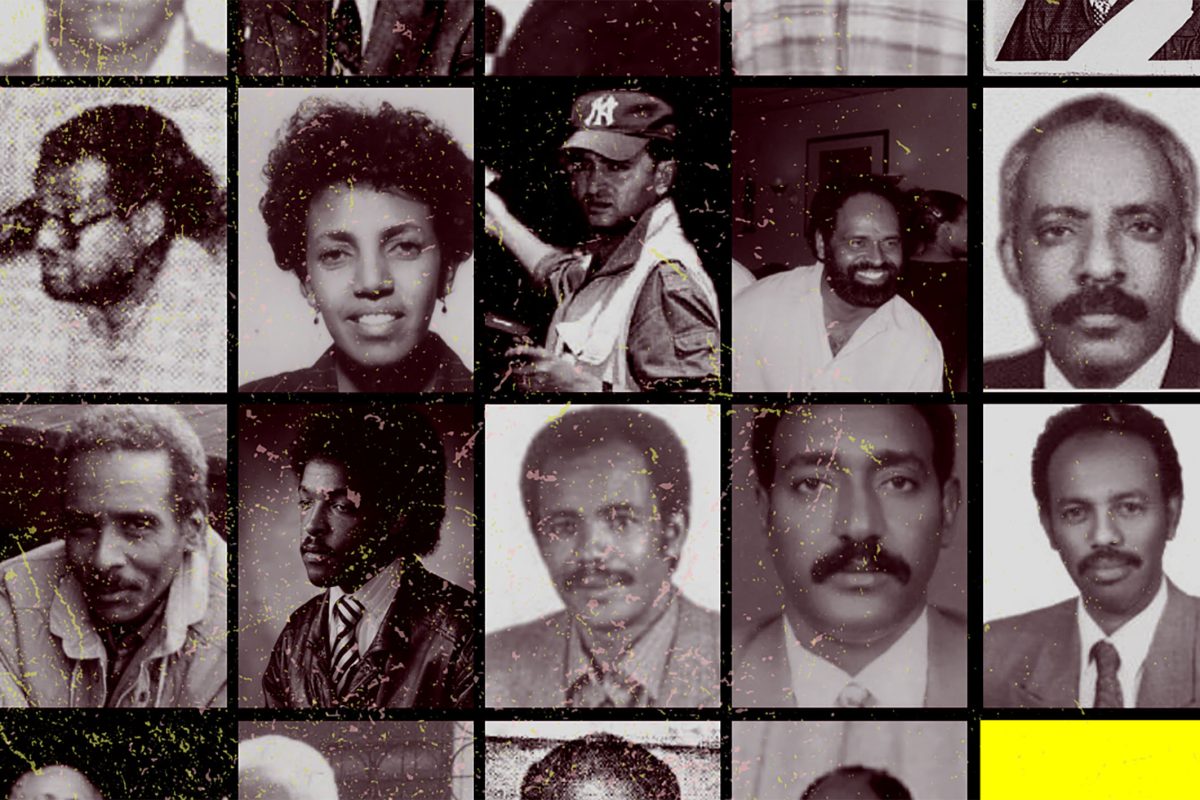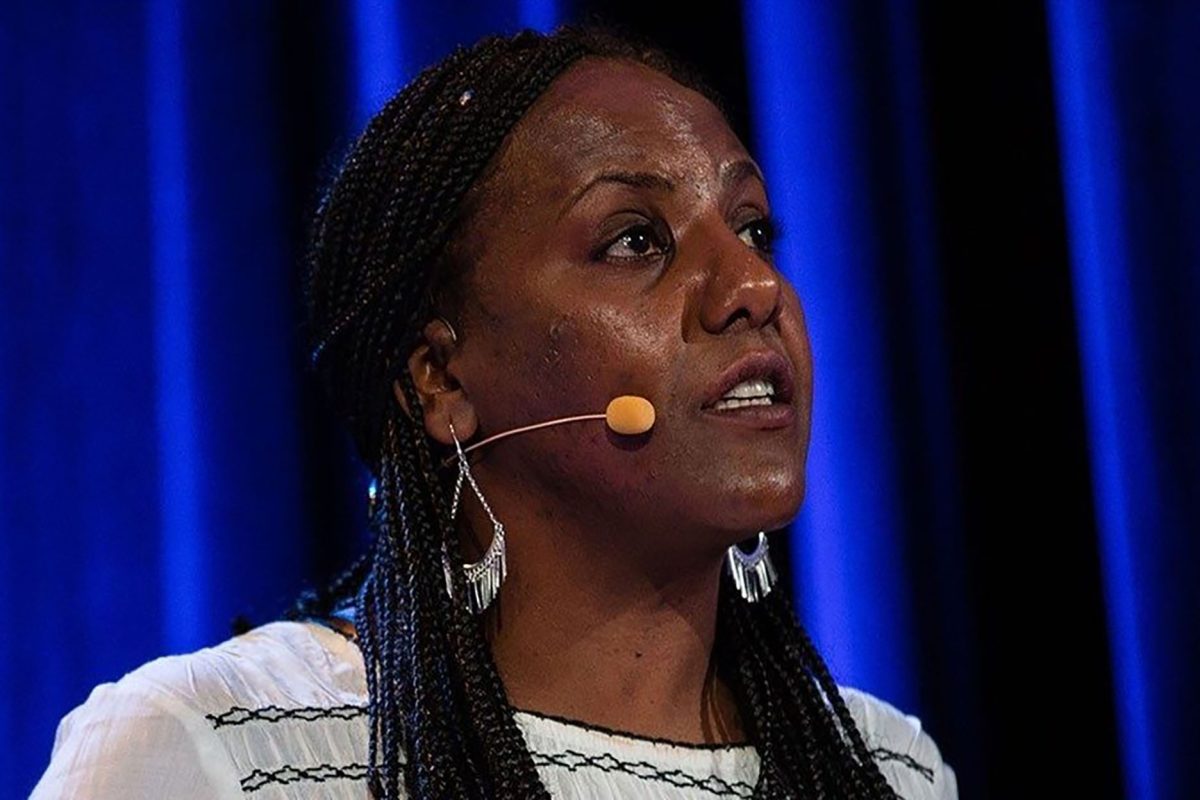We are pleased to have the opportunity to share an interview we had with one of Eritrea’s most renowned writers, Yirgalem Fisseha. In this interview, Yirgalem shares bits and pieces of her writing journey, starting from the earliest parts of her life and where she is today. We want to take this moment to acknowledge and thank PEN Eritrea for all the work they have done in the field of literature, primarily for exiled Eritrean journalists. It is remarkable to watch their journey and the stories shared on their platform. Their work and dedication to literature inspire us.
Please take some time to follow more of Yirgalem’s experiences while incommunicado in the Mai-Serwa prison. The four-part stories shared may be challenging to hear but are necessary for holding our government in Eritrea accountable. We’d also like to take this moment to condemn the war in Tigray. We stand in solidarity with all affected ethnolinguistic groups impacted by the tyrannous leaders in Eritrea and Ethiopia. With continued conversations and investigative reporting, we hope that all criminal leaders will be held accountable for their actions.
Hello, Yirgalem. We are so thankful that you have agreed to be our guest. Firstly, I’d love to give you a chance to introduce yourself to our readers.
My name is Yirgalem Fisseha. I have a love for and passion for and literature, and I am actively working in the field.
When you were a child, what did you aspire to be?
I can’t recall what my aspirations were as a child. I moved quickly into the world of the arts. At school, since elementary, I joined the drama and literature clubs. Because of this, I can’t say I had a chance to have different dreams and aspirations manifest. I continued pursuing that and I am still working until this day.
How did you enter the worlds of literature and journalism?
My introduction to literature was seeing students at my school come forward to read in front of other students, and I continued it. I became a journalism teacher after combining my extensive education and experience in literature. After graduating as a teacher, and factoring in my experience in literature, I was stationed in Radio Bana’s educational program. This is how I began working at an independent newspaper and government media. When I became a seasoned journalism educator–at the end of 2003, I was stationed at Radio Bana and worked there for over five years.
Be it in literature or generally, in any field, who is someone you admire?
I can’t pick one or two people and say “I wanted to be like him or her.” As an art enthusiast, I appreciated and followed all genres of art passionately. There were artists that I admired and that I was in awe of in literature, drama, music, and emceeing.
As we can see (inside Eritrea), we will be without a role model in a short period and people will be helpless. No one knows what to do. Honesty and transparency were killed, then came intimidation and dejection. People were terrified; they stopped working for the sake of knowledge but survival.
It’s known that you were imprisoned for over six years; what was the reasoning behind your imprisonment or accusation?
There was an accusation that I had connections with a radio station in Ethiopia. With that, they suggested that my poems and writings were criticizing the government.
What can you share about life in prison and its conditions?
It was challenging and unbearable. Horrifying. Forget mistreatment inside your nation and by your countrymen. It is not the treatment you would expect from your enemy. It was inhuman-there was abuse, beatings, and intimidation.
After all the horrifying ordeal you mentioned, how were you able to keep your sanity?
Forget having to live through the darkness and suffering, sharing it isn’t easy. But humans are resilient. When things happen, you just deal with them and learn to manage. Still, through imprisonment, intolerable abuse, and cruelty, there were extensive Eritreans who lost their lives or their sanity. It’s disheartening.
After having gone through all of that you still continue to write. Has it not been difficult?
I love literature, and I paid the price for it. Because of this, no matter what, I’ll never stop writing. In prison, we are not allowed to write, and generally speaking, there is no freedom of writing/press in Eritrea. Because of this, I am trying to enjoy and take advantage of this newfound freedom. Most of my writings have been deeply connected to my life in prison. Through sharing my experience, I feel it’s my responsibility to advocate. Eritreans, their lives, and their circumstances.
On September 18, 2001, the independent press was shut down, and there have been no independent media since then. In what way do you think that is damaging?
Closing the newspapers, imprisonments, and disappearances of journalists, and restraining high-level officials all happened at once. This was the sign of the death of the rule of law, a complete shutdown of justice and the people’s voice. Since then, the execution of injustice, abuse, suppression, hijacking, destruction, and demolishment is immeasurable.
In an interview with Pen International, you shared that “To be a writer in Eritrea it’s considered a crime in the eyes of the government,” what did you mean by that?
I was imprisoned because I was a writer. Just because they are writers, many Eritreans have been put in danger. Because of this being a writer in Eritrea is a dangerous craft. Overall the Eritrean government has been working against the country and the Eritrean people for a long time.
After all of the adversity you have faced, even now in exile, we are pleased to see you continue actively writing. We hope you continue to do so. Reclaim Eritrea is a very young organization aiming to encourage independent journalism, and it intends to bring accurate and proven press to the people. Do you have any words of encouragement or any last thoughts you would like to add?
All the abuse and shutting down of the press by the government is so that the people do not have access to accurate information. This shows how important the role of the free press is. Information is power. Wrong information destroys and even kills. For this reason, access to information is just as important as all other life essentials. It is admirable that you have started to work towards this, and I wish you strength.



